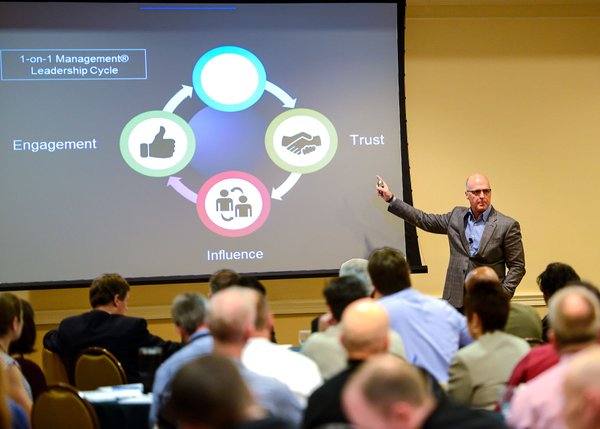"Fixing" the Cultural Sector
I'm a millennial.
I'm one of those mysterious, fickle, and elusive creatures that the nonprofit world spends hours bemoaning, pandering to, and unsuccessfully wooing with direct mailers of personalized address labels that I will never put to use because I rarely use the USPS. I don't buy seasonal passes to the orchestra or box seats at the theatre, nor do I endow arts organizations with vast sums to incubate new talent. I don't think I've ever donated over $100 at a time to any one institution, including my alma mater. As far as the cultural sector is concerned, I'm a part of the problem. And I'd bet a good percentage of the audience that this article will reach fit into a similar category.

Millenials: How do they work? Source: US Navy
It's not that I don't care.
Or that I don't think the arts are worth supporting. On the contrary- I think that cultural experiences are vital and should be enjoyed by all. The thesis that I spend most of my time working on centers on the issue of nonprofit sustainability. I give as much money as I can when I can, and I quite often give of my time in the form of volunteer work. If I had more of either resource, I'd give it gladly.
It's not that my generation is all that different from any other.
It's the world that has changed and made old models of nonprofit funding untenable. To be dependent upon large donations or corporate endowments or sustained, consistent attendance is to depend upon the privileges and habits of a shrinking portion of the population. It is to ignore the hand-to-mouth, overscheduled, and overwhelmed reality that exists among the underpaid and debt-plagued masses, young and old. It's not personal. We're not buying paper napkins or diamonds or houses, either.
What's the solution?
Besides actively fighting extreme commodification of labor, devaluation of education, and the structural and social inequalities that keep many people marginalized and powerless? Just kidding-- there is no solution to the problem of nonprofit funding (whether in the cultural sector or any other) that does not acknowledge and thoughtfully engage with these issues. In fact, struggling organizations might take a lesson in survival strategies from the most economically disenfranchised among us: Engage in more Bartering, Sharing resources, and Economizing.
100% of the SBD rewards from this #explore1918 post will support the Philadelphia History Initiative @phillyhistory. This crypto-experiment conducted by graduate courses at Temple University's Center for Public History and MLA Program, is exploring history and empowering education. Click here to learn more.
Such important observations, @cheider! I wonder how this shift fits in with @gvgktang's manifesto for upending the economics of the "cultural sector"?
I think mine is the applesauce version written by someone caught between social classes but whose thesis and potential livelihood take for granted the current, entrenched system of nonprofit administration rather than envisioning a new model based on adjusting its currently unbalanced power dynamics. But that's just, like, my opinion, man.
We just need to stop buying avocados and we'll be able to fix the cultural sector! (Still won't have a house though...)
But really, you bring an important dose of reality to this conversation. The solution is a matter of keeping with changing times -- regarding financial structures, technology, and how we as a society treat money and allocate value in general.
Follow-up thoughts that these kinds of conversations will also help to lower barriers and encourage accessibility and participation with marginalized communities who might not be able to access, or might feel too uncomfortable in the cultural sector.
That's my hope, @charliehersh